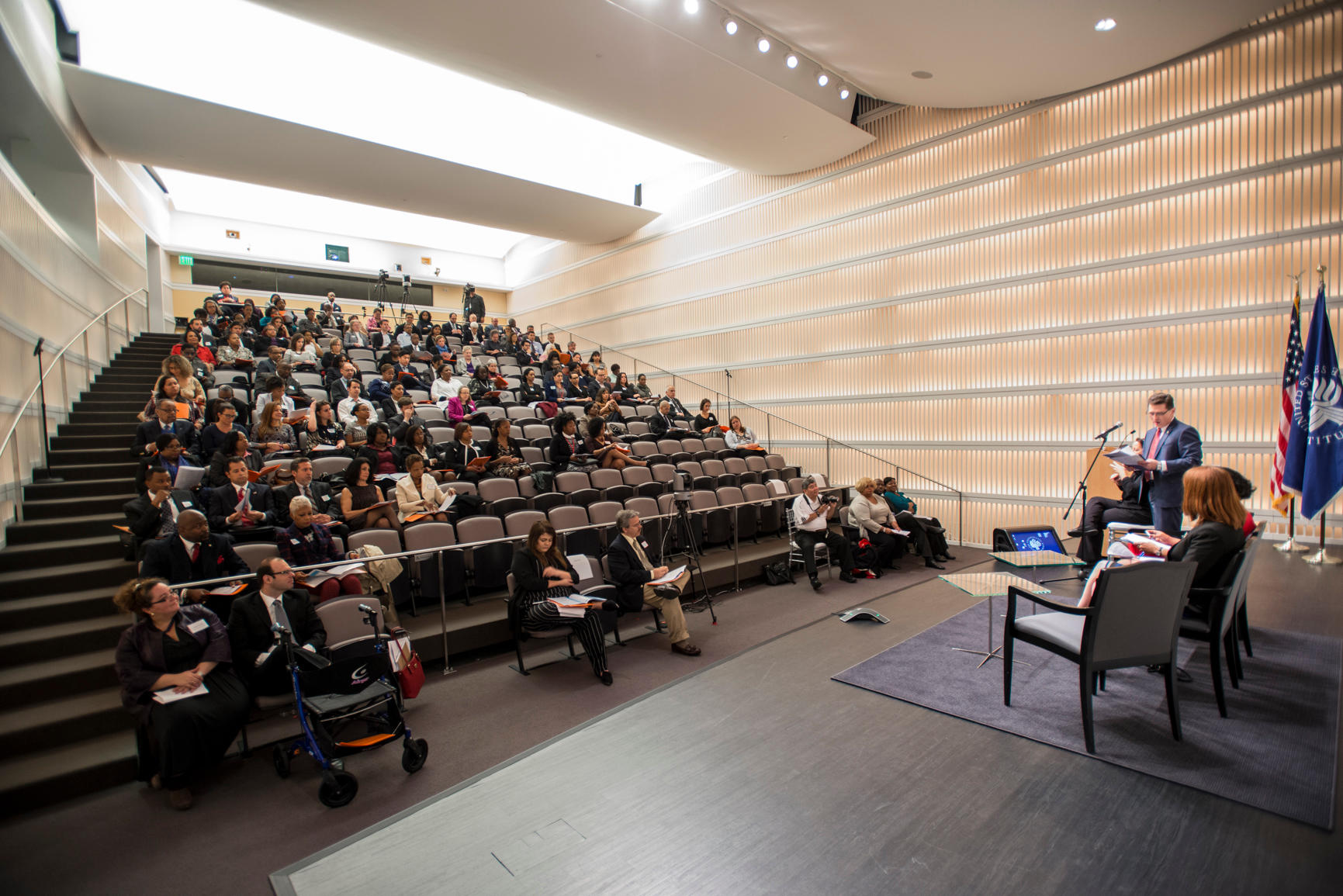Campus Sexual Assault Responses (CSAR)

Problem
Campuses provide unique administrative structures to address sexual misconduct, but how well do they work together?
Few campus public safety agencies and health and wellness centers around the U.S. have trauma-informed responses in place to address campus sexual assaults, and the extent of collaboration between these groups is unknown. The goal of the CSAR study is to support the development of policies, protocols, and trainings to strengthen trauma-informed responses to campus sexual assault.
Solution
NORC rigorously examined campus sexual assault prevention and responses to identify strong response models.
In collaboration with the American College Health Association and the International Association of Campus Law Enforcement Administrators, NORC deployed a nationwide survey to colleges and universities to capture the response models, policies, and practices of campus administrators, health and wellness professionals, and campus/public safety. The survey reached 2-year and 4-year, urban and rural, public and private schools, including minority-serving institutions. NORC also conducted a series of key informant interviews with a variety of staff from with a diverse sample of institutions to better understand on-the-ground implementation lessons learned to support collaboration, communication, and trauma-informed responses.
Result
Study findings will inform a wide range of administrative efforts to prevent and respond to on-campus sexual assault.
CSAR is the first nationally representative study of the administrative and procedural responses to campus sexual assault. Study findings will provide insights into how campus safety, health, and administrative professionals collaborate and communicate to prevent and address campus sexual assault. Results will inform the work of campus professionals, preventionists, advocacy and service organizations, researchers, and policymakers.






